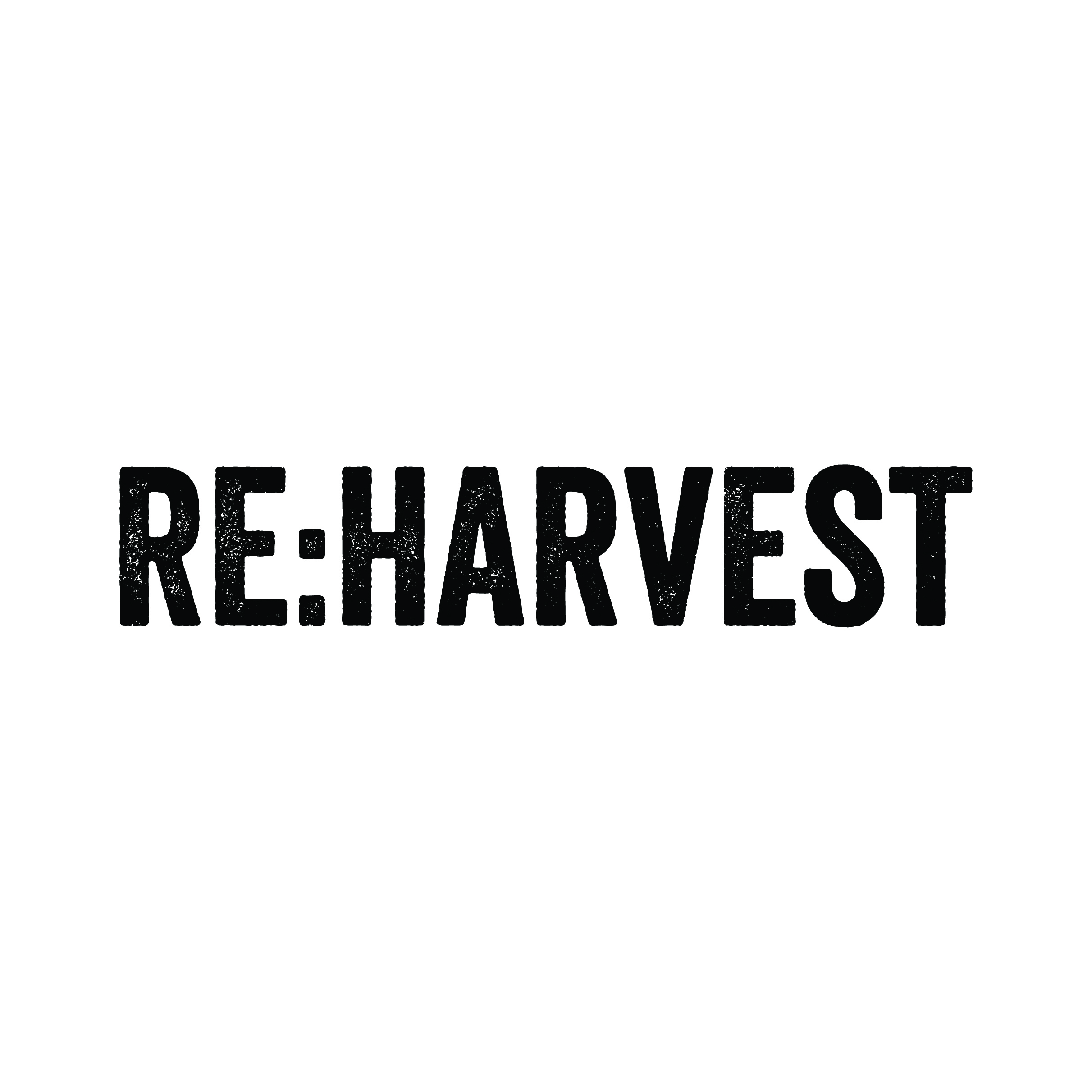

RE:harvest Co., Ltd.

Seoul, South Korea
May 2024
Food products
Manufacturing
South Korea
RE:harvest is South Korea's pioneering food upcycling company dedicated to fostering a sustainable planet. Annually, 200,000 tons of food are lost and wasted worldwide, accounting for 10% of greenhouse gas emissions which significantly impacts the environment. We minimize the waste of food by-products and optimize resource usage, embodying the principles of a circular economy through our innovative food upcycling process. At RE:harvest, we convert potential food waste into high-value RE:nergy powder, creating a sustainable circular system. Our eco-friendly RE:nergy powder, developed through patented technology, is rich in dietary fiber and protein, enhancing the nutritional profile of various foods. Additionally, it serves as a key ingredient in developing eco-friendly materials such as plant-based bioplastics. Committed to a sustainable future, RE:harvest is proud to be B Corp certified, reflecting our dedication to reduce resource waste, protecting the environment, and promoting a healthier lifecycle within more sustainable world. We would like to invite you to join us in our food upcycling efforts and contribute to create a better future.
Overall B Impact Score
Governance 7.7
Governance evaluates a company's overall mission, engagement around its social/environmental impact, ethics, and transparency. This section also evaluates the ability of a company to protect their mission and formally consider stakeholders in decision making through their corporate structure (e.g. benefit corporation) or corporate governing documents.
What is this? A company with an Impact Business Model is intentionally designed to create a specific positive outcome for one of its stakeholders - such as workers, community, environment, or customers.
Workers 19.1
Workers evaluates a company’s contributions to its employees’ financial security, health & safety, wellness, career development, and engagement & satisfaction. In addition, this section recognizes business models designed to benefit workers, such as companies that are at least 40% owned by non-executive employees and those that have workforce development programs to support individuals with barriers to employment.
Community 11.0
Community evaluates a company’s engagement with and impact on the communities in which it operates, hires from, and sources from. Topics include diversity, equity & inclusion, economic impact, civic engagement, charitable giving, and supply chain management. In addition, this section recognizes business models that are designed to address specific community-oriented problems, such as poverty alleviation through fair trade sourcing or distribution via microenterprises, producer cooperative models, locally focused economic development, and formal charitable giving commitments.
Environment 44.3
Environment evaluates a company’s overall environmental management practices as well as its impact on the air, climate, water, land, and biodiversity. This includes the direct impact of a company’s operations and, when applicable its supply chain and distribution channels. This section also recognizes companies with environmentally innovative production processes and those that sell products or services that have a positive environmental impact. Some examples might include products and services that create renewable energy, reduce consumption or waste, conserve land or wildlife, provide less toxic alternatives to the market, or educate people about environmental problems.
What is this? A company with an Impact Business Model is intentionally designed to create a specific positive outcome for one of its stakeholders - such as workers, community, environment, or customers.
Customers 1.1
Customers evaluates a company’s stewardship of its customers through the quality of its products and services, ethical marketing, data privacy and security, and feedback channels. In addition, this section recognizes products or services that are designed to address a particular social problem for or through its customers, such as health or educational products, arts & media products, serving underserved customers/clients, and services that improve the social impact of other businesses or organizations.